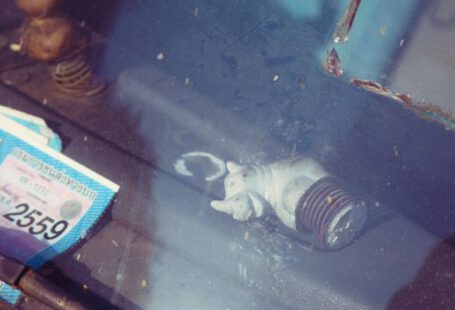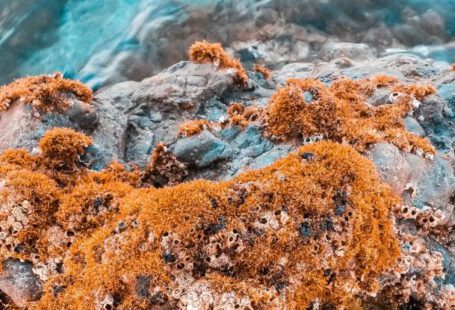Saltwater pools have become increasingly popular in recent years as an alternative to traditional chlorine pools. While they offer numerous benefits for swimmers, many people are curious about how these pools impact the backyard ecology. Understanding the ecological implications of saltwater pools can help homeowners make informed decisions about their pool choices and maintain a healthy backyard ecosystem.
**The Impact on Plant Life**
One of the primary concerns about saltwater pools is their potential impact on plant life in the surrounding area. Saltwater pools use a salt-chlorine generator to produce chlorine from salt, which means that the water contains higher levels of salt compared to traditional chlorine pools. This elevated salt content can have adverse effects on plants if not properly managed.
Excessive salt in the soil can dehydrate plants and disrupt their ability to take up water and nutrients. Plants near saltwater pools may show signs of salt damage, such as browning leaves, stunted growth, and overall poor health. To mitigate these effects, homeowners with saltwater pools should be mindful of the potential impact on their plant life and take steps to protect their landscaping.
**Effects on Wildlife**
Another important consideration when it comes to saltwater pools is their impact on wildlife in the backyard ecosystem. Birds, insects, and other small animals may be drawn to the pool for drinking water or bathing, especially in hot weather. The salt content of the pool water can be harmful to these creatures if ingested or absorbed through their skin.
To prevent harm to wildlife, homeowners can provide alternative sources of water, such as birdbaths or shallow dishes, away from the pool. Additionally, installing a pool cover when the pool is not in use can help reduce the risk of animals accessing the water. By taking these precautions, homeowners can enjoy their saltwater pool while minimizing its impact on backyard wildlife.
**Soil and Water Quality**
Saltwater pools can also affect the overall soil and water quality in the backyard ecosystem. The salt content in the pool water can leach into the surrounding soil over time, potentially altering the pH and nutrient levels. This can impact the growth of plants and other vegetation in the area.
Additionally, saltwater pools require regular monitoring and maintenance to ensure proper water chemistry. Improperly balanced pool water can lead to issues such as algae growth, which can affect the overall water quality and ecosystem health. Homeowners with saltwater pools should be diligent about testing their water regularly and making adjustments as needed to maintain a healthy balance.
**Conclusion: Maintaining a Balanced Ecosystem**
In conclusion, saltwater pools can have both positive and negative impacts on backyard ecology. While they offer benefits such as lower chlorine levels and reduced skin irritation for swimmers, they also require careful consideration to minimize their effects on plant life, wildlife, soil, and water quality. By being proactive in managing their saltwater pools and taking steps to protect the surrounding ecosystem, homeowners can enjoy the benefits of a clean and sustainable pool while maintaining a balanced backyard ecology.





